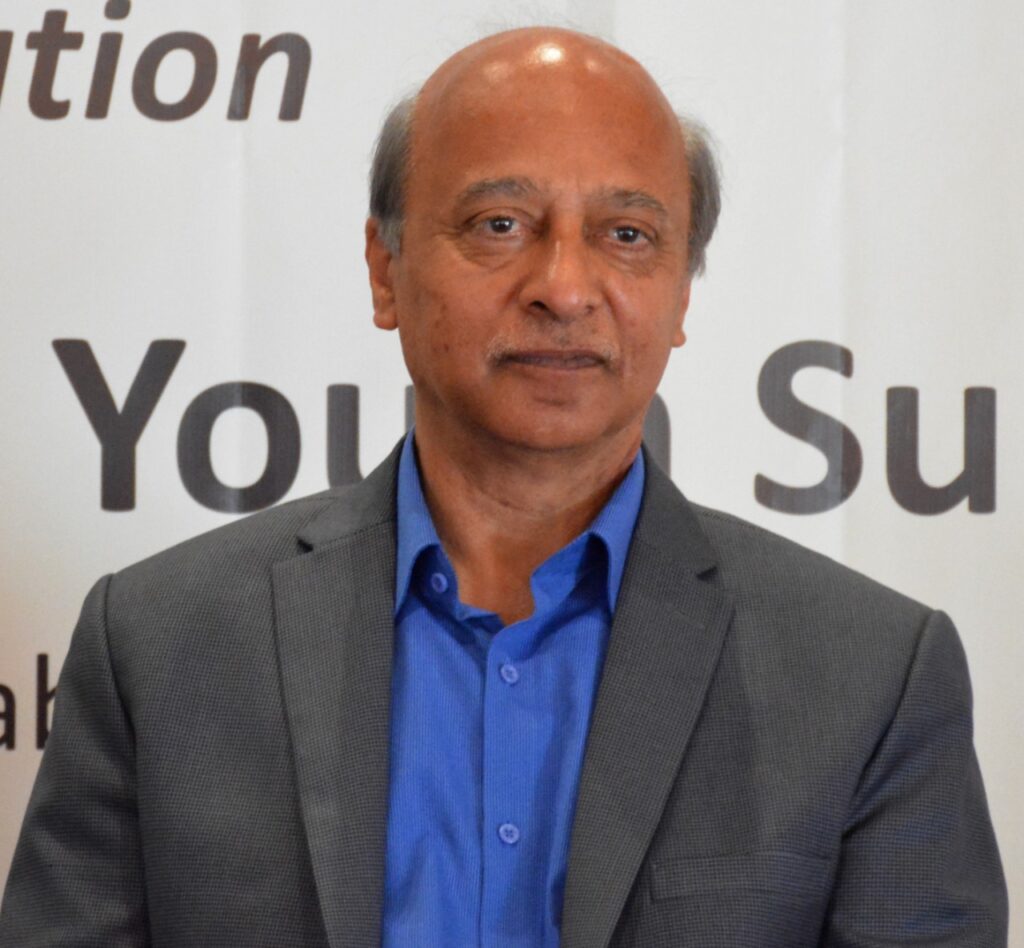
Days before the OIC-Afghanistan conference at Islamabad (Dec 19/20), Christian Turner, the British High Commissioner to Pakistan had said there was no alternative around working with Pakistan. “Our collective interests on Afghanistan are aligned and to that end, all partners have no alternative but to work with Pakistan.”
We want a safe passage for people who want to leave, avoid a humanitarian crisis, counter terrorism and “not allow Afghanistan to become again a geography where threat can be projected to Pakistan or anywhere else,” Turner had said, resonating concerns not only of Islamabad but of so many other nations too. There are very important issues we’re working on with Pakistan as a key partner and a player and itself.
It was a rare statement by an influential European country ahead of the OIC meeting which was aimed at peaceful power transition in Kabul and prevention of humanitarian crisis. Pakistan and Saudi Arabia had wanted to bring Taliban representatives face to face with all friends of Afghanistan for candid exchanges to the context of demands by outsiders that Taliban regime be inclusive and respect human and female rights.
The appointment of Tariq Ali Bakheet as Special Envoy on Afghanistan for the coordination of the OIC-led humanitarian assistance to Afghanistan and the establishment a trust fund for the country are some of the critical outcomes of the Islamabad moot, which essentially transcended the OIC platform to become one voice in support of the Afghan people.
The big international gathering held under the Organization of Islamic Conference to deliberate ways to deal with the humanitarian crisis in Afghanistan, only reaffirmed what Christian Turner had said. The presence of all western special envoys to Afghanistan – UK, United States, Russia, China, France and Great Britain) as well as representatives of the European Union, the World Bank and relevant United Nations lent additional weight to the Pakistan-Saudi initiative. Across-the-board consensus on the Islamabad Declaration dovetailed attempts by the European Union to urgently unlock doors of humanitarian assistance for the millions of Afghans who are meanwhile exposed to winter, starvation, lack of medicine and growing unemployment.
The biggest breakthrough – as far as fundamental rights and inclusivity is concerned – was the Taliban readiness to consider international concerns.
“We stand ready, as a member of a single family, to listen to and accept all requests, concerns and advice of Islamic countries in relation to Afghanistan that can lead towards a proper and just roadmap and direct us out of the current crisis,” Muttaqi told the OIC gathering.
“We consider human rights, women rights and participation by all capable Afghans from various regions our duty. We have done much in this regard and will continue to take further steps,” Muttaqi said and reiterated
his government’s counterterrorism assurances, saying no one would be allowed to use Afghan soil against any country.
Pakistan and other friends had worked hard behind the scenes to convince the Taliban regime that without walking the talk on women’s rights and inclusive government they should not expect any favours from any country.
US envoy Tom West’s meeting with Amir Muttaqi was also a significant development flowing from OIC meeting. His speech to Sunday’s closed-door session of the OIC huddle drew praise from Pakistan’s foreign minister as well.
Qureshi described as very helpful West’s message that I have a clear mandate from my boss, Secretary [of State Antony] Blinken, to engage with the Taliban and he has met the Taliban delegation on the sidelines over here,” Qureshi said.
Tom West also drew the attention of delegates to some $1.2 billion lying with the international financial institutions and said they could now find mechanisms to utilize those funds.
What next? Will Islamabad moot serve as a precursor to delisting of the Afghan Taliban as a terrorist organization? This will be the next challenge for the OIC as a whole as to whether they can nudge the permanent members of the Security Council into taking the Taliban off the list. Without delisting at the UN, the issues of recognition of the regime as well as unfreezing of the roughly $ 9.5 billion sitting in the US banks will remain as distant as they are today.



